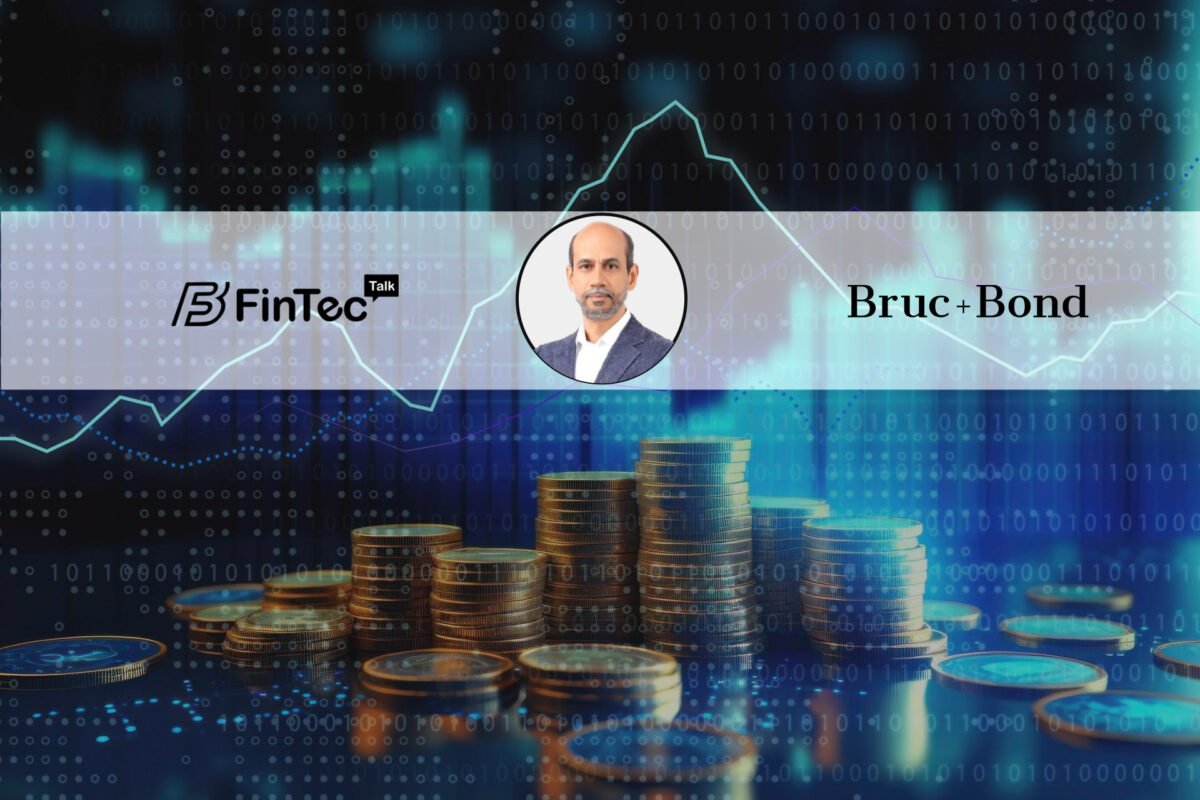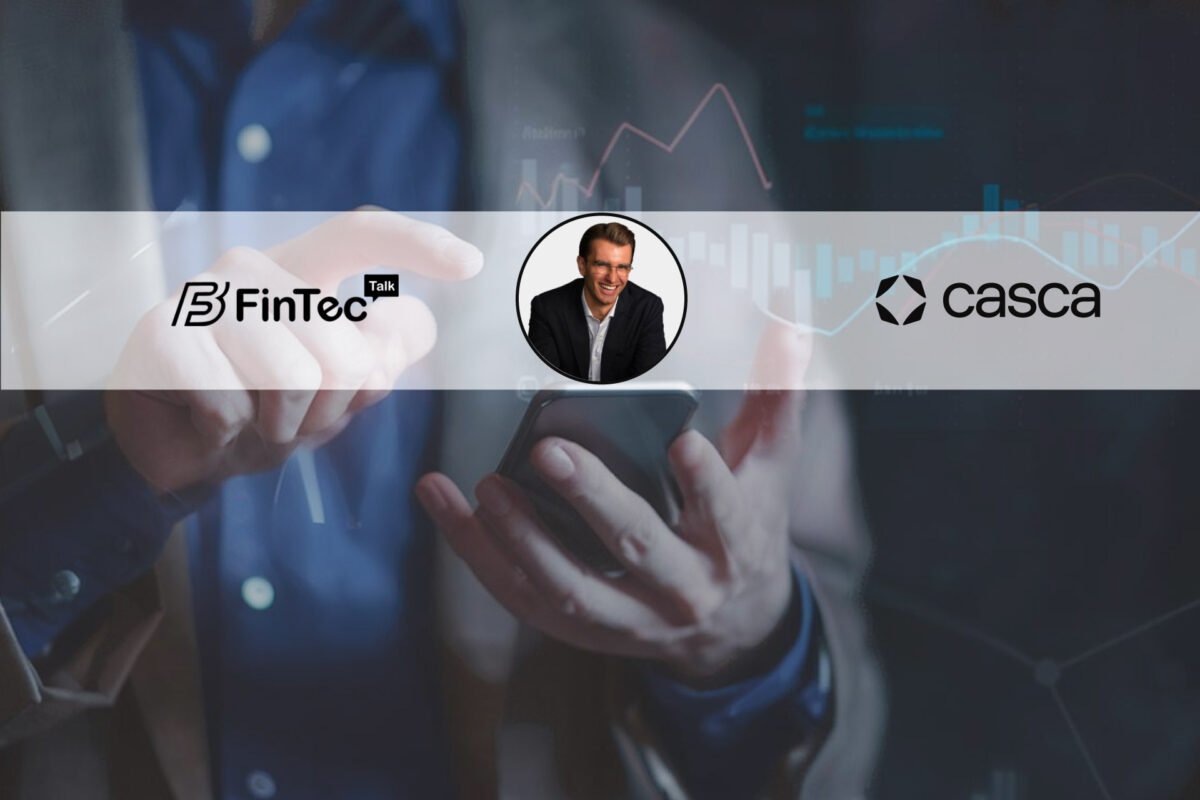Uncover strategies to tackle financial challenges for gig workers. Explore innovative solutions for enhanced financial inclusion, from flexible banking to tailored credit access.
Greetings Ali, we’re delighted to have you for this interview, Could you please share with us your professional journey and how you came to co-found Rollee?
Thanks for inviting me, it’s great to be here. I’m a former data scientist, and in the past I was responsible for creating a credit score engine to assess independent workers. During my research I noticed that the data necessary for this project was scattered across hundreds of different data sources, making it very complex to address this growing part of the population. This gave me the idea to found Rollee and make it easier for financial institutions to assess independent workers with a fair credit rating.
In your experience, what key obstacles do traditional banks face when it comes to serving gig workers with their risk assessment and application processes?
In my experience, traditional banks face several key obstacles when serving gig workers, particularly in risk assessment and application processes. First, the variable and unpredictable income of gig workers complicates standard credit and risk assessment models that banks traditionally use, which often rely on consistent income streams to forecast creditworthiness. Second, the lack of formal employment documentation in gig work poses a challenge in the application process, as traditional banks typically require extensive paperwork and proof of income stability. Lastly, the rapid pace of change in the gig economy can outstrip the banks’ ability to adapt their processes and products quickly, leading to a gap in service to this segment. Addressing these challenges requires a shift towards more flexible and innovative banking solutions tailored to the needs of gig workers.
As the CEO of Rollee, what strategies have you employed to address the challenges faced by gig workers in accessing financial services?
Our research found that xx% of gig workers have been denied a load, despite having affordability.
Our strategies to address the financial service challenges faced by gig workers center on leveraging technology to enhance data accessibility and reliability. We’ve developed advanced APIs that allow gig workers to aggregate and share their income data with financial institutions. This has facilitated smoother income verification processes, which are often a barrier for gig workers seeking loans or credit. Additionally, we supplement our technology to company who create tailored financial products that account for the variable income patterns typical in gig work. Our focus is on making financial inclusion a reality for gig workers by providing tools that ensure their financial profiles are comprehensively and accurately represented.
How do you see the gig economy evolving in the context of a recession, and what opportunities does it present for banks in terms of offering financial products to gig workers?
In the context of a recession, the gig economy is likely to expand as more individuals seek flexible work options to supplement their income.
This shift presents a significant opportunity for banks to design financial products specifically geared towards gig workers, who may face more financial variability. Financial institutions can offer innovative solutions such as flexible savings plans, emergency credit lines, and insurance products tailored to the unique risks and cash flow patterns of gig workers. Additionally, banks can utilise advanced data analytics to better understand and predict the financial needs of this growing workforce, enabling them to offer more personalised and timely financial support.
From your perspective, what lessons can traditional banks learn from the agility and adaptability of fintech firms in catering to the needs of gig workers?
I believe traditional banks can learn a great deal from the commitment and adaptability of fintech firms in serving gig workers. Firstly, the commitment to rapidly develop and deploy new technology tailored to the unique needs of these workers is crucial. Fintechs often excel in using alternative data & analytics insights to understand and predict customer needs, enabling a holistic overview of their customers finances. Secondly, embracing a customer-centric approach that values flexibility in product offerings and communication can make a significant difference. Traditional banks should look to integrate these elements into their operations to remain competitive and relevant in the evolving financial landscape.
What specific innovations or technologies do you believe traditional banks should adopt or develop to better serve gig workers and adapt to the changing landscape of the gig economy?
Traditional banks should focus on adopting and developing technologies that enhance flexibility and accessibility, crucial for serving gig workers effectively. Key innovations might include dynamic infrastructure platforms that integrate seamlessly with various gig economy marketplaces for real-time income tracking and verification, therefore increasing their acceptance rate with verified and up-to-date income data points. These technologies not only cater to the needs of gig workers but also help banks stay relevant in a rapidly evolving economy.
The key developments banks can make is to update their infrastructure tools and therefore increase their acceptance rate due to verified, updated income data points.
In your opinion, what role can collaboration between fintech firms like Rollee and traditional banks play in addressing the financial needs of gig workers more effectively?
By combining Rollee’s infrastructure and access to gig economy data with the regulatory framework of traditional banks, these partnerships can lead to innovative financial products tailored for gig workers. Such collaborations can improve access to credit, streamline income verification processes, and offer more flexible banking solutions that adjust to the fluctuating incomes typical of gig work. Ultimately, this cooperative approach can drive greater financial inclusion and stability for this growing segment of the workforce.
Could you share any success stories or case studies where Rollee has successfully facilitated financial inclusion for gig workers, despite the challenges posed by traditional banking systems?
Rollee has made significant strides in promoting financial inclusion for gig workers. One notable success story involves a platform that integrated Rollee’s API to streamline income verification processes for gig workers. This integration allowed workers to swiftly and securely share their income data with financial institutions, leading to a higher acceptance rate for loans and credit applications.
Another case saw Rollee helping gig workers consolidate their financial data from various platforms into one accessible report, enhancing their ability to manage finances and prove income stability.
These case studies highlight Rollee’s role in overcoming traditional banking barriers and enabling fair access to financial services for gig workers. We’re going one step ahead with our AI-driven models to help financial institutions reduce their default events.
What personal advice would you offer to gig workers who may be struggling to access traditional banking services or financial products?
For gig workers facing challenges with traditional banking services, I recommend exploring digital banks and financial technology platforms. I see an emergence of young companies who specialise in addressing a diverse workforce: lending for gig workers, earned wage access, benefits for freelancers… These often offer more flexible options and easier access compared to traditional banks. Always stay informed about all available options and choose services that best suit your needs.
Finally, what are your thoughts on the future of banking in relation to the gig economy, and what steps do you believe banks should take to embrace this growing segment of the workforce?
The future of banking in relation to the gig economy appears increasingly digital and inclusive. Banks should adapt by offering more flexible banking solutions that accommodate the variable income patterns of gig workers. Implementing innovative technology to simplify the application processes and improve access to financial services can also be a game-changer. Additionally, implementing new data infrastructures could facilitate better financial products directly tailored to the needs of gig workers. Embracing these changes will not only help banks stay relevant but also support the financial stability of a significant and growing segment of the workforce.




